Influencer marketing is the process of leveraging an existing social media influencer by having them endorse your brand, support your content, or co-create content with you and your brand. Over the past few years, influencer marketing has grown, and has changed the way that brands are spending their marketing dollars.
Despite its previous success, influencer marketing is currently undergoing a crisis of trust. Recent problems such as follower buys, perceived inauthenticity and disclosure shortcomings have caused brands to second-guess their partnerships with digital influencers. Some have even begun to question the effectiveness of the practice as a whole.
Most of these issues aren’t flaws in influencer marketing itself, but rather the way in which marketers currently contract and pay for it. It doesn't help that the tools with which they do so are also changing at a rapid pace.
So how will things change? The increased use of data-based technology is set to alter how brands find, negotiate, and collaborate with influencers. Artificial intelligence (AI) plays a large role in this new era of influencer marketing.
Discovery
In the early stages of influencer marketing brands were focused on trying to get celebrities and big-name influencers to share their products and campaigns. Although their reach numbers were astronomical, the posts seemed unnatural and inauthentic. But, little research was done to find the right communities and the best influencers to feature their brand. With the help of AI and automated systems, brands are able to pick out the right influencer to match their voice and community.
These systems can break down the topics that an influencer posts about, quantify their influence in certain consumer groups and track their engagement. That profile is then used to find individuals that best match a brand’s needs.
Predicting Performance
In order to determine the success of an influencer marketing campaign, brands originally had to wait until after the campaign to collect data. Now with the use of AI programs and analytics, they are able to create a calculated prediction before the campaign is launched. Big follower counts don’t necessarily translate to big performance numbers, and brands are realizing that. Pre-campaign research and predictive analytics can help determine more efficient plans to make the most of all influencers.
These systems will be able to forecast and predict influencer performance based on a brand’s objective—including the level of engagement on each post to the number of sales conversions an influencer could drive.
Not only are brands able to predict the overall performance of a project beforehand, they are also able to determine what to offer an influencer to optimize their campaigns at scale based on this information. Ultimately, bringing down the cost and increasing the ROI.
Pricing
With the ability to predict how successful an influencer campaign will be before it starts, brands are able to put together a more comprehensive and fair offer when it’s time to discuss compensation.
Top tier influencers typically ask for a fixed fee upfront when working with brands. However, most marketers are unsure of what to expect from them when it comes to reach and engagement, and if this fee is worth the investment.
AI-based predictive analytics can help single out influencers who are more likely to be brand advocates, measure their interests and catalog average post engagement, making the investment worthwhile. These projections will become more precise as patterns and historical trends are increasingly understood. This will provide brands the ability to better predict what they’ll get from working with an influencer and make it easier to come to a mutually beneficial agreement.
While AI technology advancements continue to change and evolve, adoption of these capabilities will also continue to grow. The process has started with marketers utilizing software that helps them understand influencer personas. They’re slowly allowing this software to make decisions on how to most effectively engage these influencers.
This technology won’t transform influencer marketing overnight, but it is quickly gaining traction. As it does, many of the questions about how to discover, collaborate with, manage and measure influencers will be answered. Eventually, this step-by-step implementation will lead us to a world where marketers rely solely on AI to run campaigns.
Related Posts
Contributor to Enlightened Digital, long-distance cyclist, and lifelong advocate for women in business from Philadelphia. Tech and business are my lifeblood, but I’m also a fanatic of brewpubs and just about every sports team in Philadelphia.
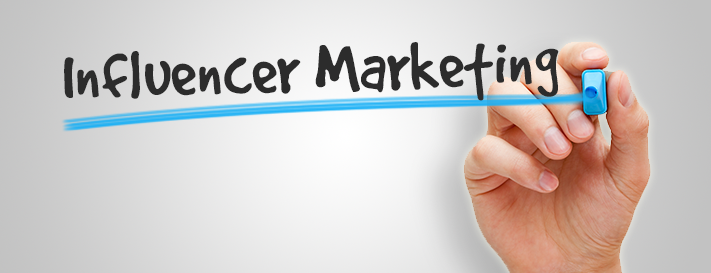


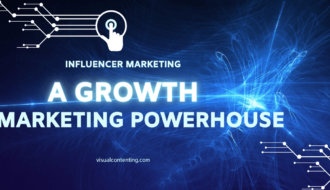
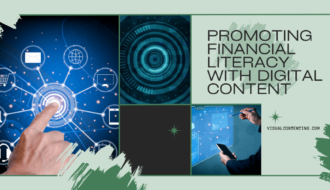
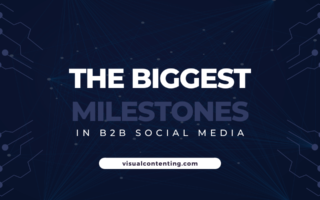
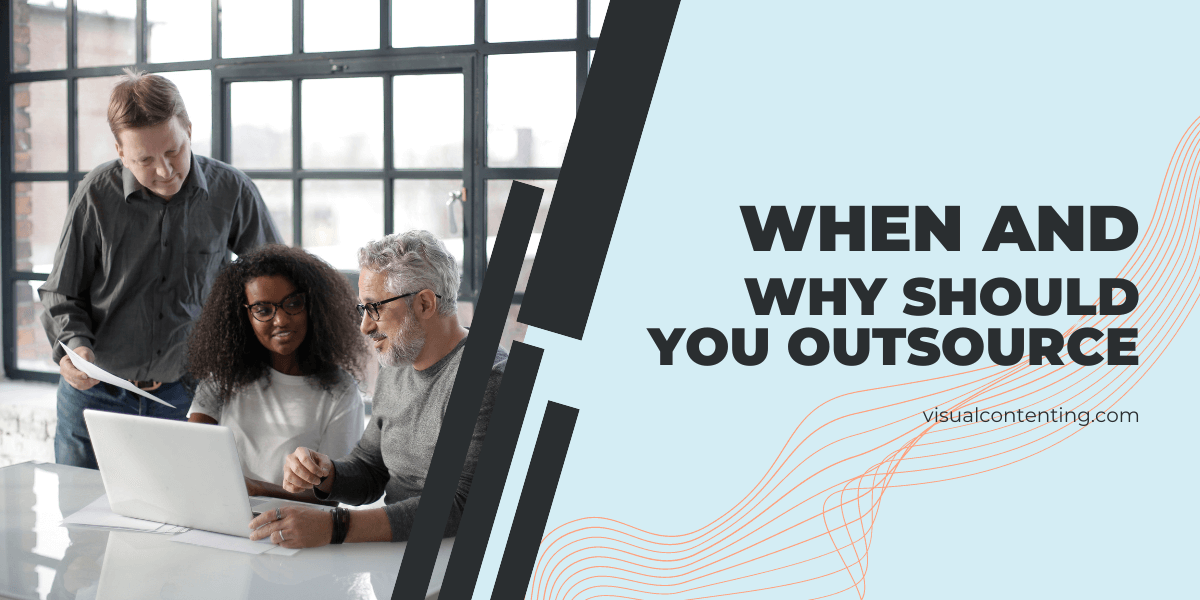

[…] How Artificial Intelligence is Changing the Way Brands Use Influencer Marketing […]